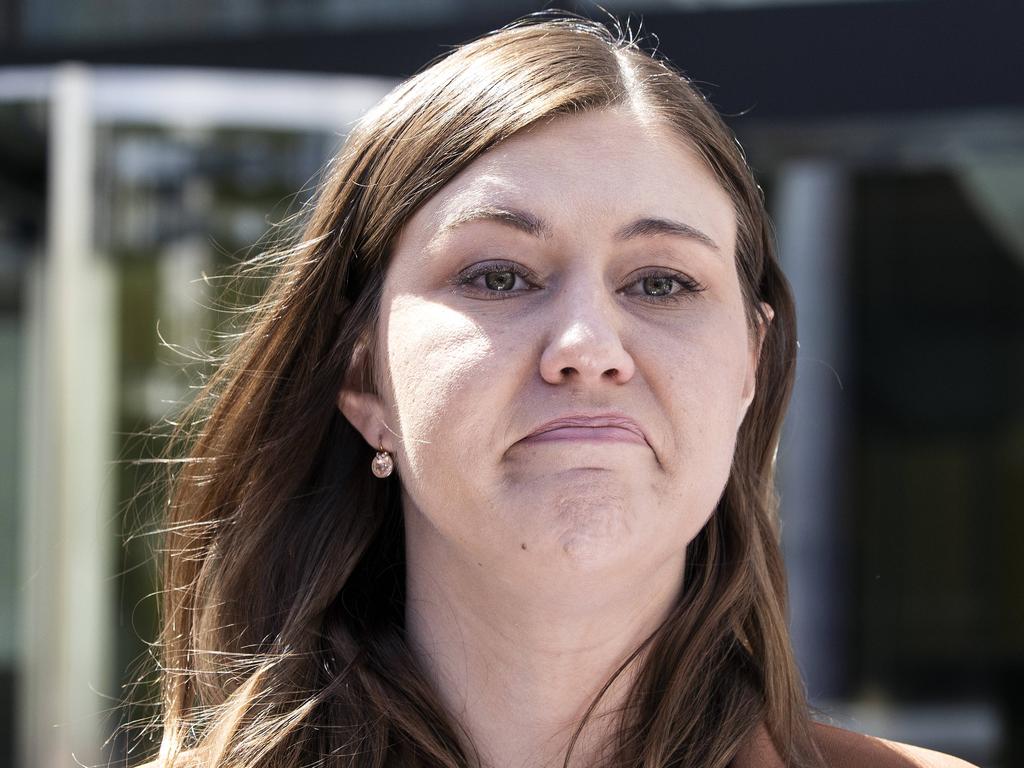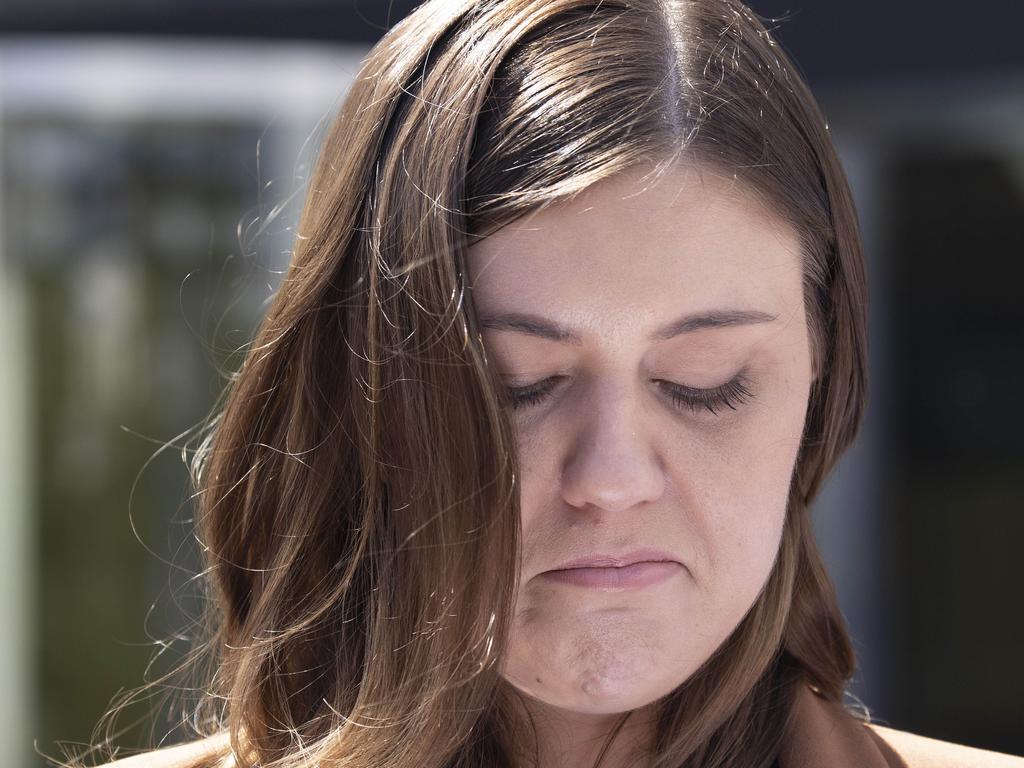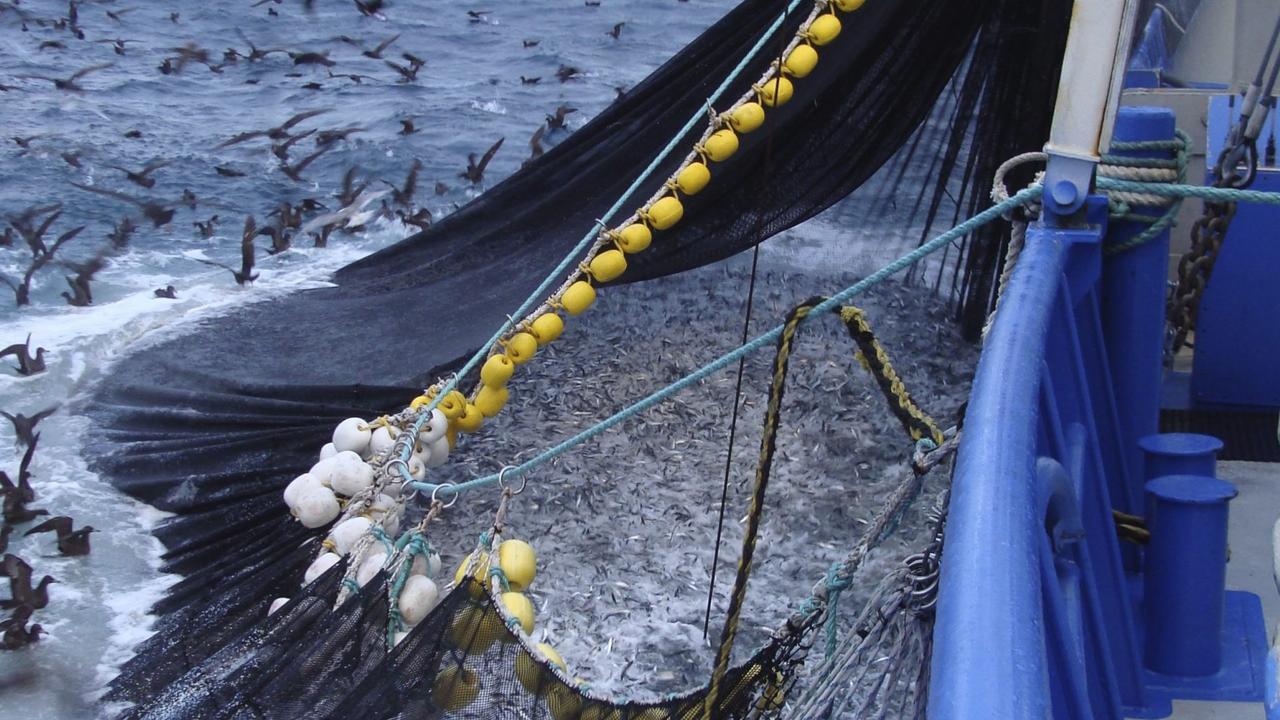Lehrmann trial: Nothing less than the rule of law is at stake
What unfolded before rape allegations against Bruce Lehrmann reached a court, and after the mistrial was announced, illustrates the precarious position we find ourselves in.
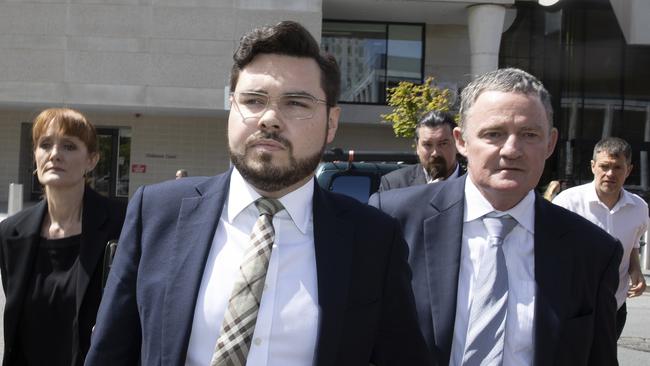
When summing up to the jury, before calling a mistrial, ACT Chief Justice Lucy McCallum said: “There’s no blueprint for how a young woman might respond to sexual assault.” There is, however, a blueprint for the Australian justice system. Though not perfect, it is based on centuries of experience and learning about how to test allegations, gather evidence, establish proof and provide fairness.
What unfolded before rape allegations against Bruce Lehrmann reached a courtroom, and after the mistrial was announced on Thursday, illustrates what a precarious position we find ourselves in. In the media, and on social media, crusaders are intent on lowering the guardrails of justice.
Compounding that travesty, during the media’s persecution of Lehrmann, lawyers did precious little to protect the principles that form the blueprint for a fair and just society. It cannot be the case that you defend the rule of law for an alleged terrorist, but not for an alleged rapist. As Arthur Moses wrote in the Australian Law Journal last year, the demand for novel and bespoke standards in relation to allegations of sexual assault is “self-evidently dangerous”. Yet we find ourselves in these dangerous waters because most lawyers have become #MeToo cowboys or #MeToo lapdogs. The Higgins/Lehrmann imbroglio raises ineluctable questions that go to the heart of the administration of justice in this country. Too many people in positions of influence have crossed a legal Rubicon, damaging the careers and lives of others by presuming guilt. But it is not too late to return to fundamental principles so that travesties of this magnitude will not be repeated in the future.
Unless lawyers step up, we face the real prospect of the rule of law giving way to open slather where certain laws apply differently to certain people. Once we go down that path, we are on a slippery slope to becoming a country ruled by the mob with the loudest, most influential voices.
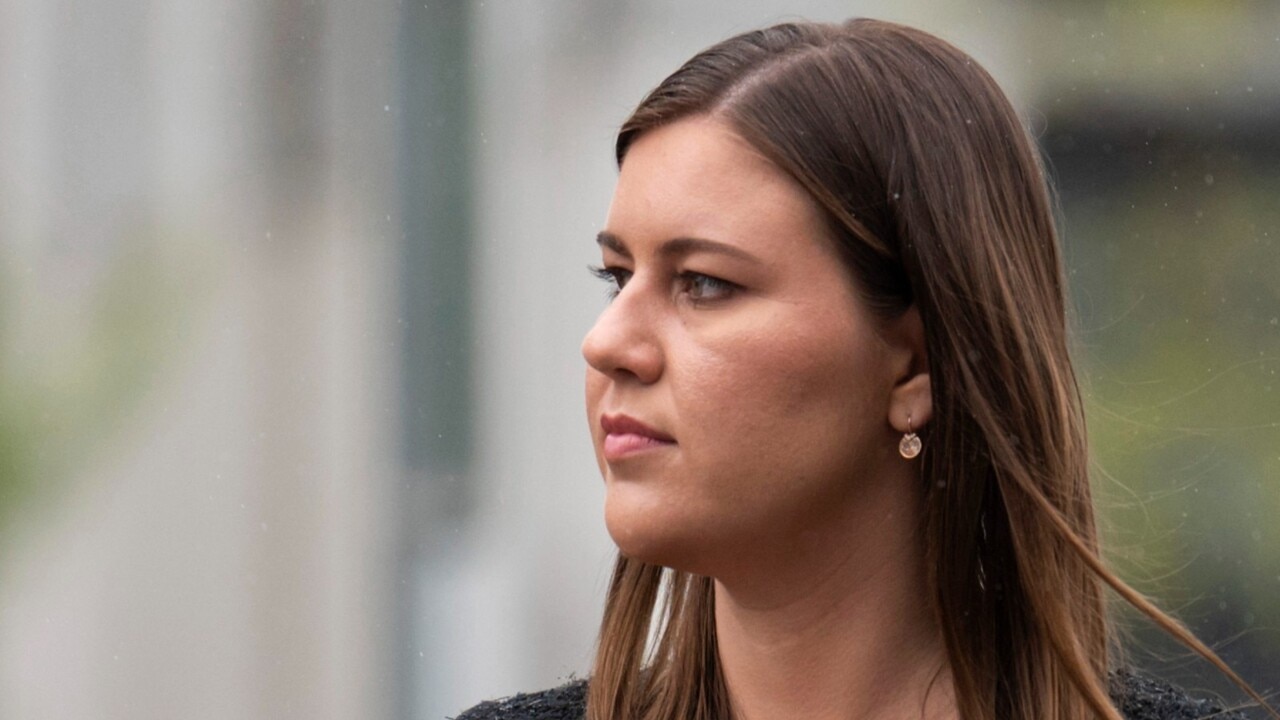
Rape is a truly monstrous crime. As Moses, one of our most eminent silks, wrote in a separate piece last year, we all agree that those convicted of such crimes ought to be punished, regardless of whether they are a cabinet minister or a cabinet maker. Or a political staffer. But as Moses said, the corollary of the principle that the law applies equally to each of us means that we are all entitled to the protections afforded by our justice system.
The Australian justice system is built on two foundations. First, equality before the law. And second, the presumption of innocence, which at its core includes the right to a fair trial.
The persecution of Lehrmann by sections of the media upended this. A flank of high-profile journalists and celebrities transformed the presumption of innocence into the presumption of guilt.
In this instance, as in others, many in the media used the cover of #MeToo to advance careers, preen in public, and pursue political agendas. Feral activists on social media and some more seasoned journalists in the mainstream media decided that an allegation of rape was sufficient to do away with protections offered by the law such as the presumption of innocence, due process and the rule of law.
We have reached a critical point when those accused of sexual assault crimes are not being afforded these protections.
McCallum’s criticism of sections of the media before the Lehrmann trial commenced was spot on: “What concerns me the most … is that the distinction between an allegation and a finding of guilt has been completely obliterated.”
This raises the other dismal feature of our current sexual assault landscape. It ought to be standard practice for lawyers to defend the rule of law. They ought to be the first responders, reacting in real time, to the dangers posed by public witch hunts and crusading journalists. Instead, except for a few honourable exceptions, the profession has largely vacated their own field.
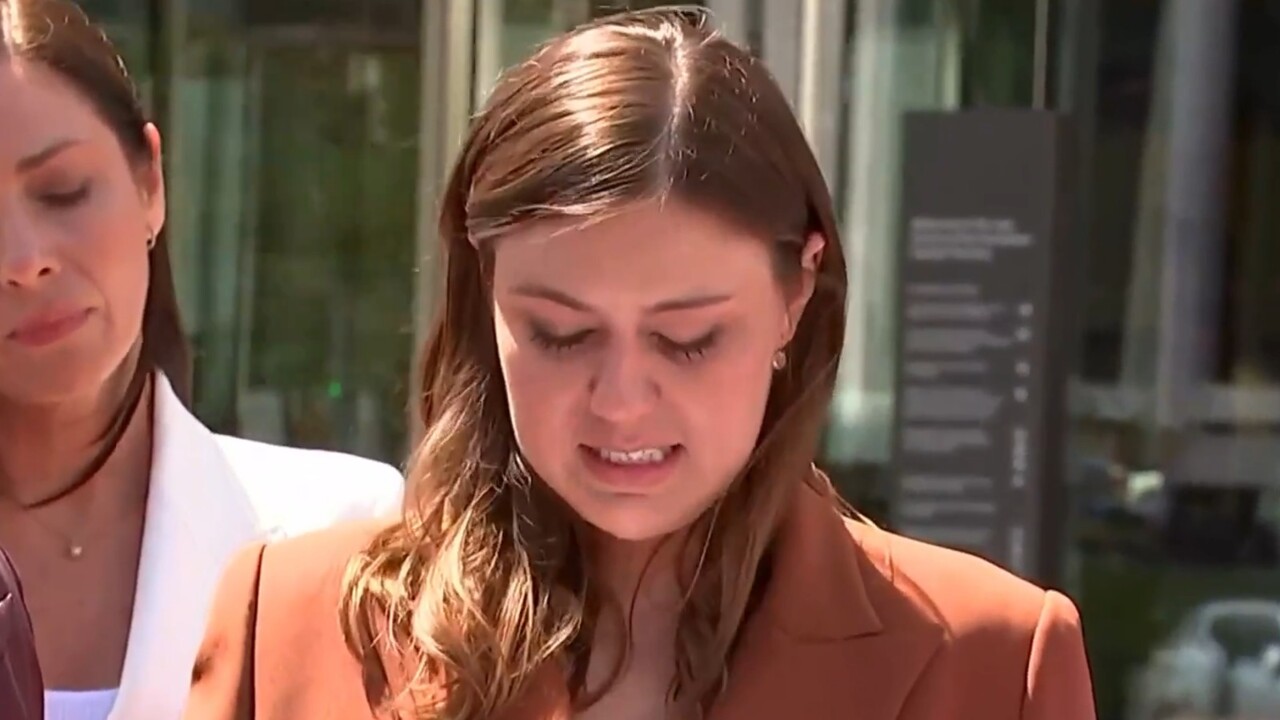
For starters, lawyers could be raising important questions about what evidence is needed before a DPP decides to prosecute. Notwithstanding the mistrial, another critical question concerns whether the DPP did everything reasonably in his power to ensure that the accused received a fair trial.
On June 23, the ACT DPP, Shane Drumgold, demanded agreement from publisher Harper Collins that Aaron Patrick’s book Ego be recalled from retailers, fearing that the book presents “a real risk of serious interference in the administration of justice”.
Did the DPP express similar concerns about Higgins’ press club address with Grace Tame, given that pairing the two women raised the very concerns that troubled McCallum about conflating an allegation with a finding of fact?
That address is still accessible on the internet by anyone, including a juror.
If Higgins’ statements outside court on Thursday morning amount to contempt, they ought to be prosecuted too. If we believe in the rule of law, there is no room for an unofficial “Brittany Law” whereby certain laws apply unequally to certain people. Higgins’ statements appeared tailor-made to continue a media trial of this debacle, not to resolve it in a court.
Lawyers could be asking searching questions about jury directions given in this criminal trial too. For example, should McCallum have issued the so-called Black direction, named after model jury directions set down by the High Court in Black v The Queen? When advised by the jury on Tuesday that they could not reach a unanimous verdict, McCallum encouraged them to keep deliberating to see if they could yet reach a verdict in the trial. Privately, some senior lawyers have told The Australian that the Black direction is overused, and was potentially inappropriate in this case where there was so little objective evidence and so much pre-trial publicity that ignored the presumption of innocence.
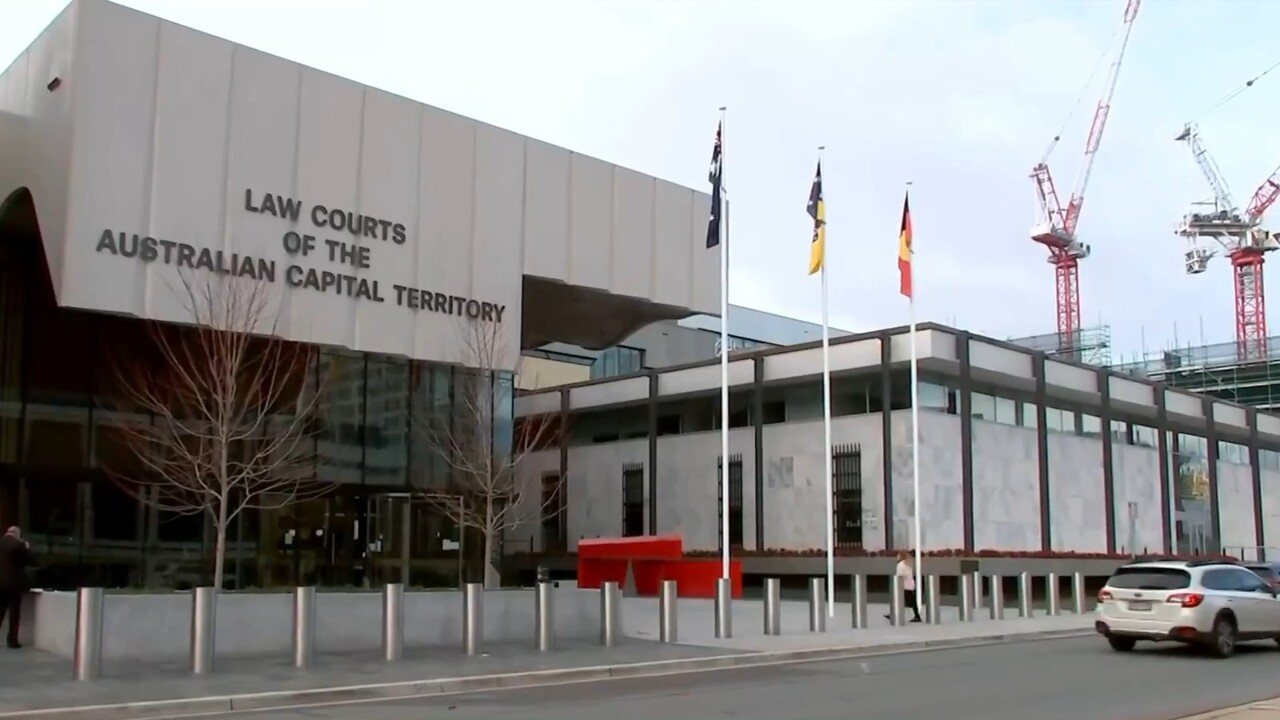
There are even more profound questions for the High Court. Given the waning commitment to the presumption of innocence, the time has surely arrived for our most senior judges to reinforce the two foundations of our justice system.
Should the right case come before them, and the Lehrmann case may fit the bill, the High Court could make it clear that there should be a permanent stay on a prosecution where an alleged victim has aired allegations in the media before making a formal police complaint. That will stop dead in their tracks further media juggernauts. Unless our highest courts draw a line in the sand to protect against the real possibility for the contamination of the justice system, and of juries, #MeToo media trials will continue to threaten a fair trial.
The criminal justice system is the last bulwark against injustices in our broader society.
Throughout the media trial, the trial proper, and after the mistrial, those who are dismissive of the rule of law, the presumption of innocence, and a fair trial, have thrown the gauntlet to the legal establishment. They are daring the DPP, the legal system and the courts to take them on. It now falls to those legal institutions to rescue the rule of law. Legal capitulation will leave our bulwark against injustice in a dangerous state.


